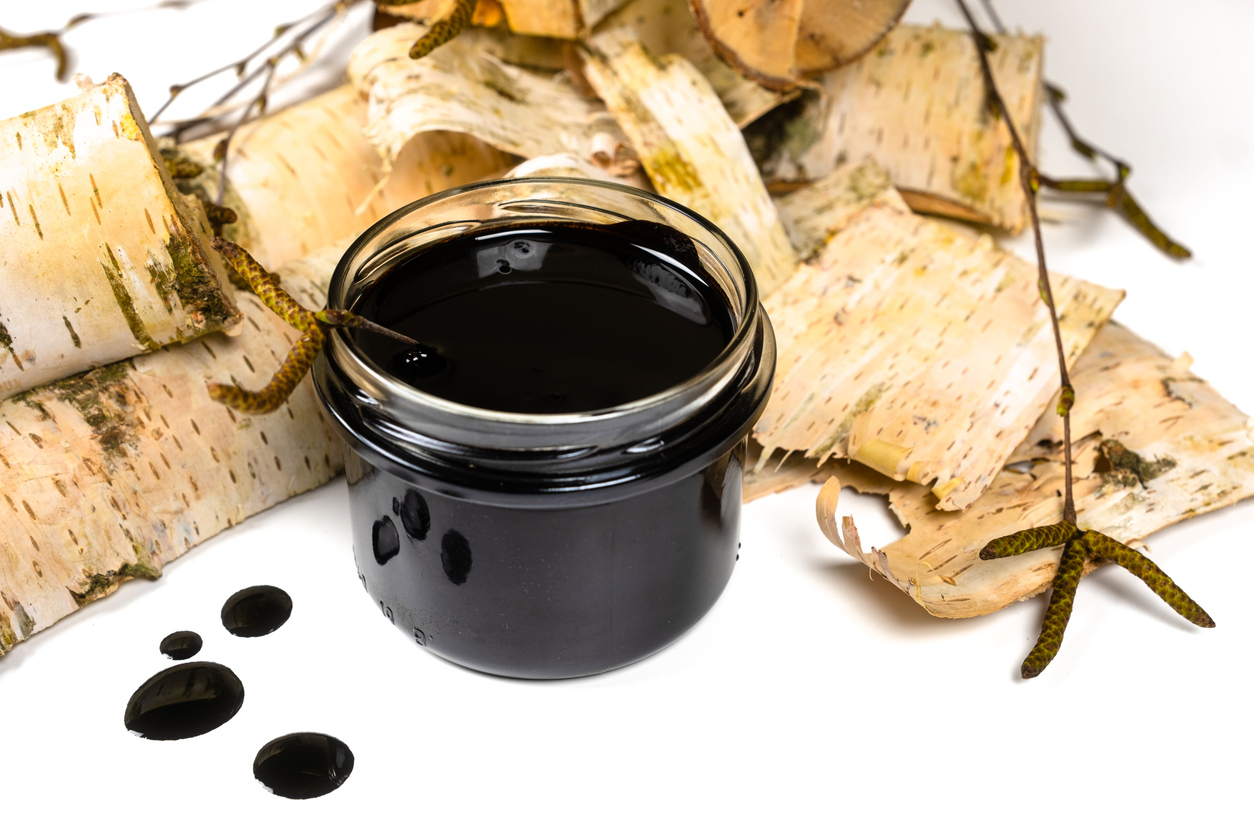How to Import from Nigeria to UK: A Complete Guide for Businesses
Importing goods from Nigeria to the UK presents significant opportunities for businesses in wholesale distribution, FMCG, and other sectors. With Nigeria’s diverse export products, including agricultural commodities, electronics, and manufactured goods, UK businesses can access competitive pricing and unique products. However, navigating the complexities of regulations, logistics, and sourcing can be challenging. This guide explores key steps, practical solutions, and insights to help businesses successfully import from Nigeria to UK.
Understanding How to Import from Nigeria to UK
Before starting, it’s crucial to understand the legal and logistical requirements. Importing from Nigeria to the UK involves compliance with both Nigerian export regulations and UK import rules. Key considerations include:
-
Customs documentation: Bill of lading, commercial invoice, packing list, and certificate of origin.
-
UK import regulations: Certain products require licenses or certifications, including agricultural goods and food items.
-
Taxation and duties: Customs duty and VAT must be calculated to ensure accurate costing.
Choosing Reliable Suppliers for Imports from Nigeria to UK
Sourcing high-quality products is fundamental to successful importing. Challenges such as inconsistent product quality, unreliable suppliers, and communication gaps can disrupt your supply chain.
To mitigate these risks:
-
Conduct due diligence on Nigerian suppliers, including reputation checks and product sampling.
-
Work with established brands and manufacturers for reliability and consistency.
-
Utilize intermediaries like Wigmore Trading to streamline supplier verification and ensure smooth transactions.
Partnering with a trusted sourcing agent can reduce risks and save time while maintaining supply chain integrity.
Shipping and Logistics for Importing from Nigeria to UK
Shipping is a critical aspect of importing goods from Nigeria to the UK. Key considerations include:
-
Freight options: Air freight for faster delivery and sea freight for larger, cost-effective shipments.
-
Port handling: Efficient handling at Lagos or Port Harcourt, ensuring goods are cleared without delays.
-
Insurance: Covering goods against damage or loss during transit.
Cost Management When You Import from Nigeria to UK
Managing costs effectively is essential for maintaining profitability. Costs can include purchase price, shipping, customs duties, taxes, and insurance.
Practical tips for cost management:
-
Negotiate favorable terms with suppliers.
-
Consolidate shipments to reduce freight costs.
-
Ensure accurate customs classification to avoid overpayment of duties.
Navigating Regulatory Challenges When Importing from Nigeria to UK
Regulatory compliance is one of the main hurdles businesses face. Products such as food, beverages, electronics, and chemicals may require additional licenses or certifications. Common challenges include:
-
Misclassification of goods leading to customs delays.
-
Non-compliance with UK standards and safety regulations.
-
Delays in securing export or import permits.
Wigmore Trading: Making Imports Easy for Your Business
Wigmore Trading offers a range of services designed to simplify and streamline the import process for businesses looking to source products from Nigeria:
-
Supplier Sourcing and Verification: We connect you with reliable Nigerian suppliers, conduct due diligence, and ensure product quality meets your standards.
-
Customs Documentation Support: Our team handles complex paperwork, including bills of lading, certificates of origin, and commercial invoices, to ensure compliance with UK regulations.
-
Shipping and Logistics Management: From port handling to freight forwarding, we coordinate air and sea transport to deliver your goods efficiently and safely.
-
Regulatory Guidance: We provide expert advice on UK import rules, licensing requirements, and product compliance to avoid delays and penalties.
-
Cost Optimization: Wigmore Trading helps businesses manage costs through shipment consolidation, accurate customs classification, and supplier negotiation strategies.
Conclusion
Importing from Nigeria to the UK offers vast opportunities for businesses in FMCG, wholesale, and other sectors. Understanding the regulations, sourcing reliable suppliers, managing logistics, and controlling costs are key to successful operations. By partnering with experienced professionals like Wigmore Trading, businesses can navigate challenges efficiently and maximize their opportunities.
Get in touch with our team to learn more about how Wigmore Trading can help you import from Nigeria to UK with confidence and ease.








Comments are closed.